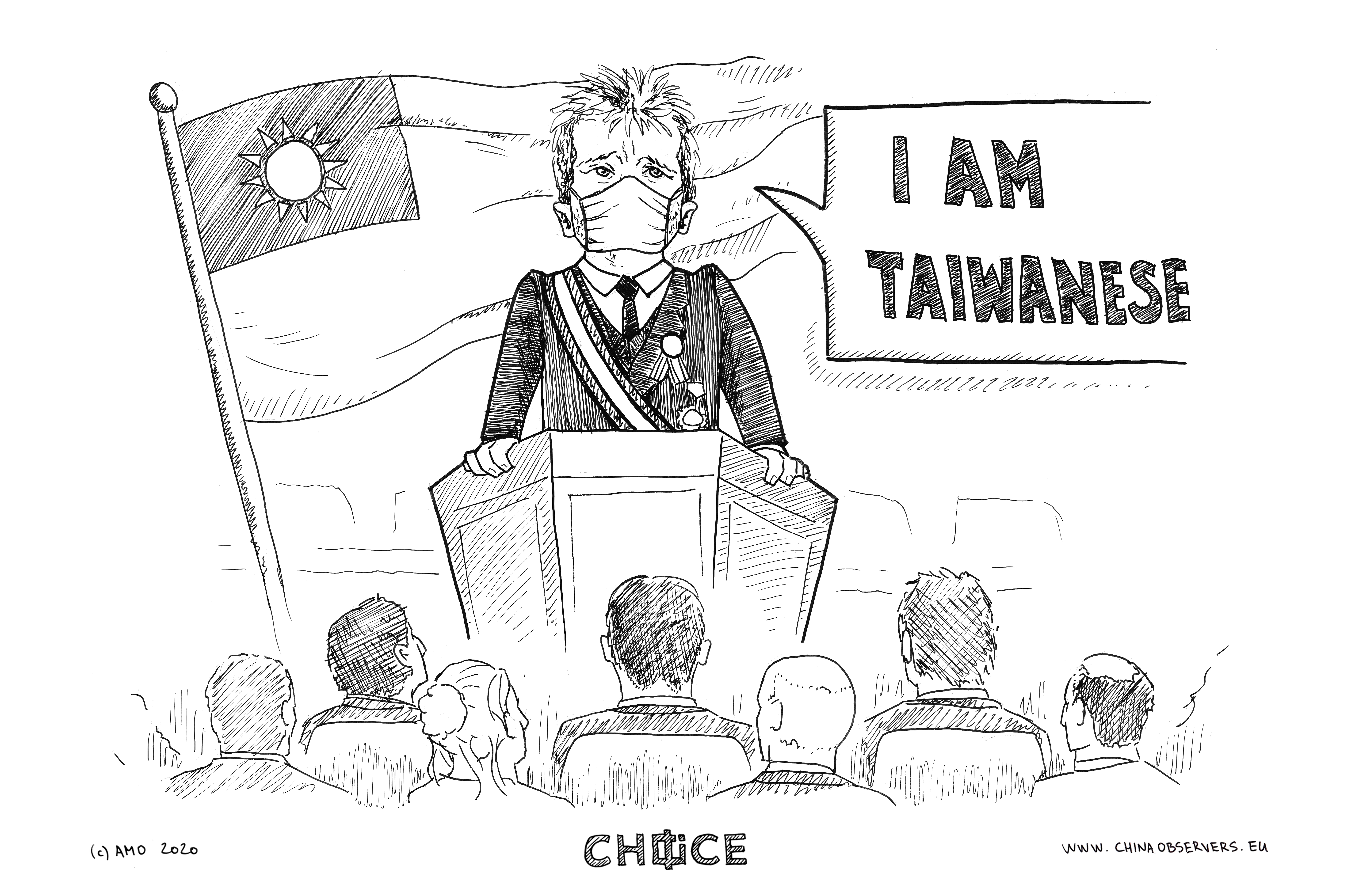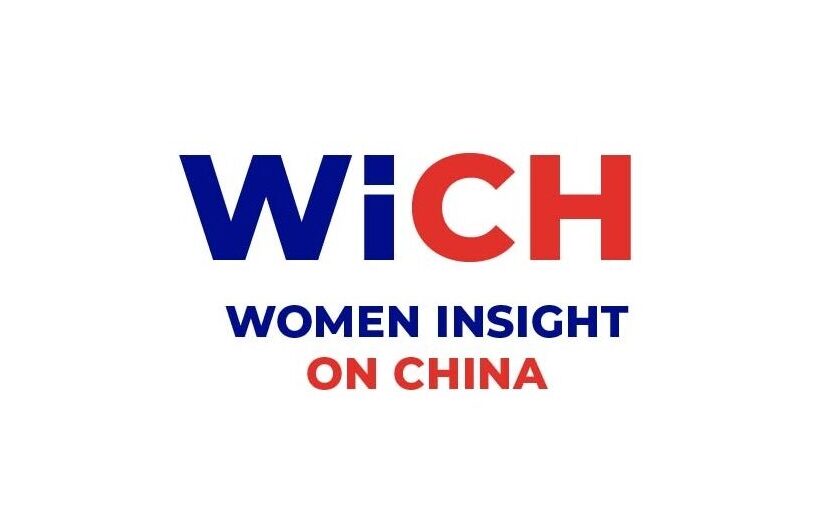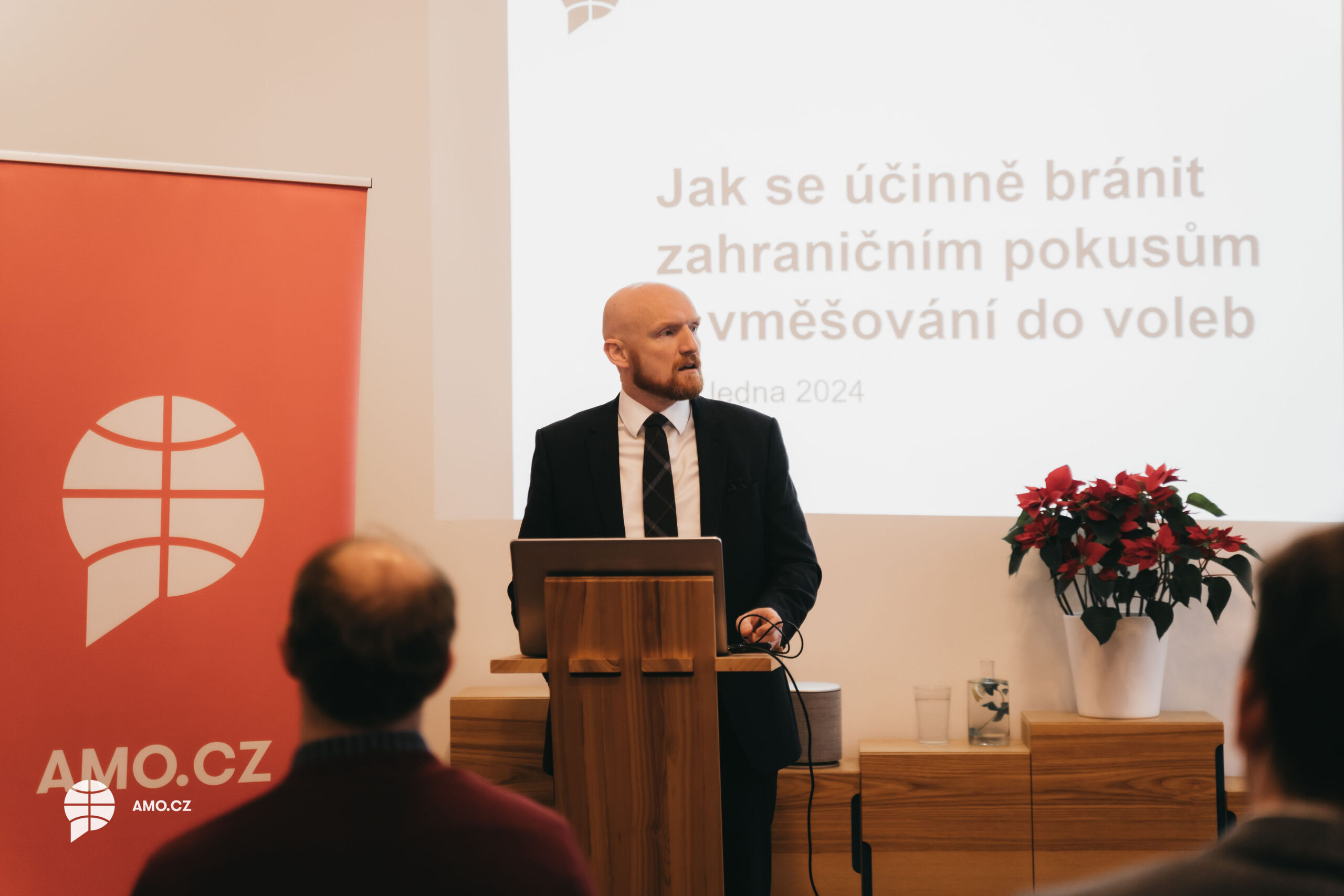With the ripple effects of both China’s handling of the COVID-19 pandemic and Czech Senate President Miloš Vystrčil still reverberating in global diplomacy, many leaders across Europe are beginning to take a more skeptical tact with Beijing.
Seemingly ironclad international policies like the “One China Principle” appear to remain relatively unchallenged broadly and are steadfastly backed up by pro-China proxies in central Europe (such as the Communist Party of Bohemia and Moravia in the Czech Republic).
However, Chinese projects and cooperation within the European mainland are drawing far more scrutiny than in years prior. Namely, the Belt and Road Initiative and the 17+1 cooperation agreement with Central and Eastern Europe are being examined in a new light, with economic concerns beginning to take a backseat to security and geopolitical risks associated with the People’s Republic of China.
MapInfluenCE founder Ivana Karaskova explored the issue with Al Jazeera English:
“China’s leverage in the region can significantly influence the policy of both organisations regarding China. It has already happened a few times, when Greece and Hungary blocked EU’s joint position on the South China Sea or human rights abuses…But recently the [Central and Eastern European] countries started to shift their focus from promises of economic cooperation from China (with most of them never materializing) towards realizing political and security risks stemming from cooperation with China.”
-Ivana Karaskova on evolution of Chinese engagement and Reception in CEE


